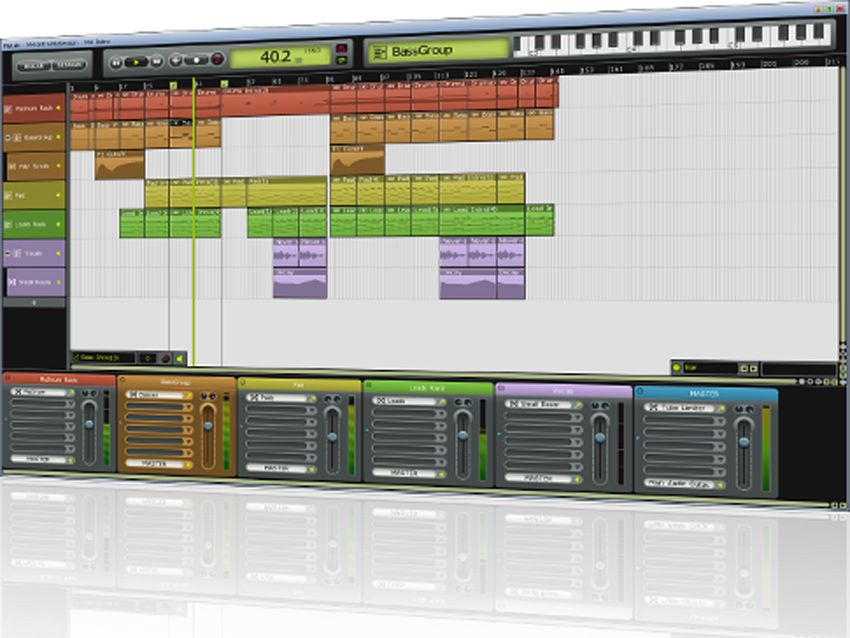

guitar, one of the biggest differences between the two instruments is in their respective number of strings. Whether you opt to go short or long when it comes to playing bass, both sizes offer a beefier, more bottom-heavy sound than the guitar. (More on that later!)Īnd while shorter-scale bases are considered more rare among players, there are quite a few iconic examples of the short-scale bass, including the Fender Mustang Bass, as well as the Squier Bronco Bass. A short-scale bass has a thicker, more meaty sound because it often uses a slightly heavier gauge of string. If you’re trying to decide whether a long-scale or a short-scale bass is right for you, there is a difference in tone between the two, as well. This shorter, more compact feel may make it easier for them to travel up and down the neck. Short-scale bases have a shorter distance between their frets, making them ideal for players with smaller hands, or guitarists who may be transitioning to play bass.

In many cases, “scale length” is talked about when referring to the size of a guitar or bass. Bass vs Guitar: SizeĪlthough a bass and a guitar may be hard to tell apart to new musicians, if you place a bass vs guitar next to each other, you’ll see a difference in size. While a modern electric bass and guitar may look similar, there are a number of ways these two instruments differ from each other, such as their size, number and thickness of strings, and the role each plays within a band. By electrifying the bass, it helped amplify the volume of this smaller version and give it the imposing sound of its older, stand-up counterpart. It wasn’t until the 1930s that the first electric bass as we know it was invented and made to be played horizontally. In many orchestral ensembles (and even some modern jazz ensembles), a large, booming, stand-up bass was commonplace. The term “bass guitar” originated as a way to differentiate the smaller, horizontal style of electric bass from its original stand-up form. Often, you’ll hear a bass called a “bass guitar.” So, is a bass a guitar? While the bass is part of the guitar family, there are some clear differences between the two instruments. (Or, better yet, learn one first and apply that knowledge to learning the other instrument at a later time!) Differences Between the Bass and Guitar
#Bass guitar mulab how to
In this article, we’ll cover some of the differences and similarities between the two instruments and why you may want to learn how to play bass or guitar, as well as why you may want to play one instead of the other. However, there are some pros and cons in the age-old battle of bass vs guitar that can help you make the right decision for you. Deciding which instrument to learn to play first is a matter of preference. Each has their own unique qualities and play a distinct role within a band or musical piece.

While there are definite similarities between guitar and bass, there are some key differences between the two instruments. Two of the most common stringed instruments that new musicians gravitate toward are guitar and bass. However, new players just starting out on their musical journey may wonder which instrument is right for them to learn. If you’re a music lover and driven to play songs you love and maybe create your own down the line, the prospect of choosing an instrument is thrilling. Learning to play an instrument is an exciting adventure.


 0 kommentar(er)
0 kommentar(er)
